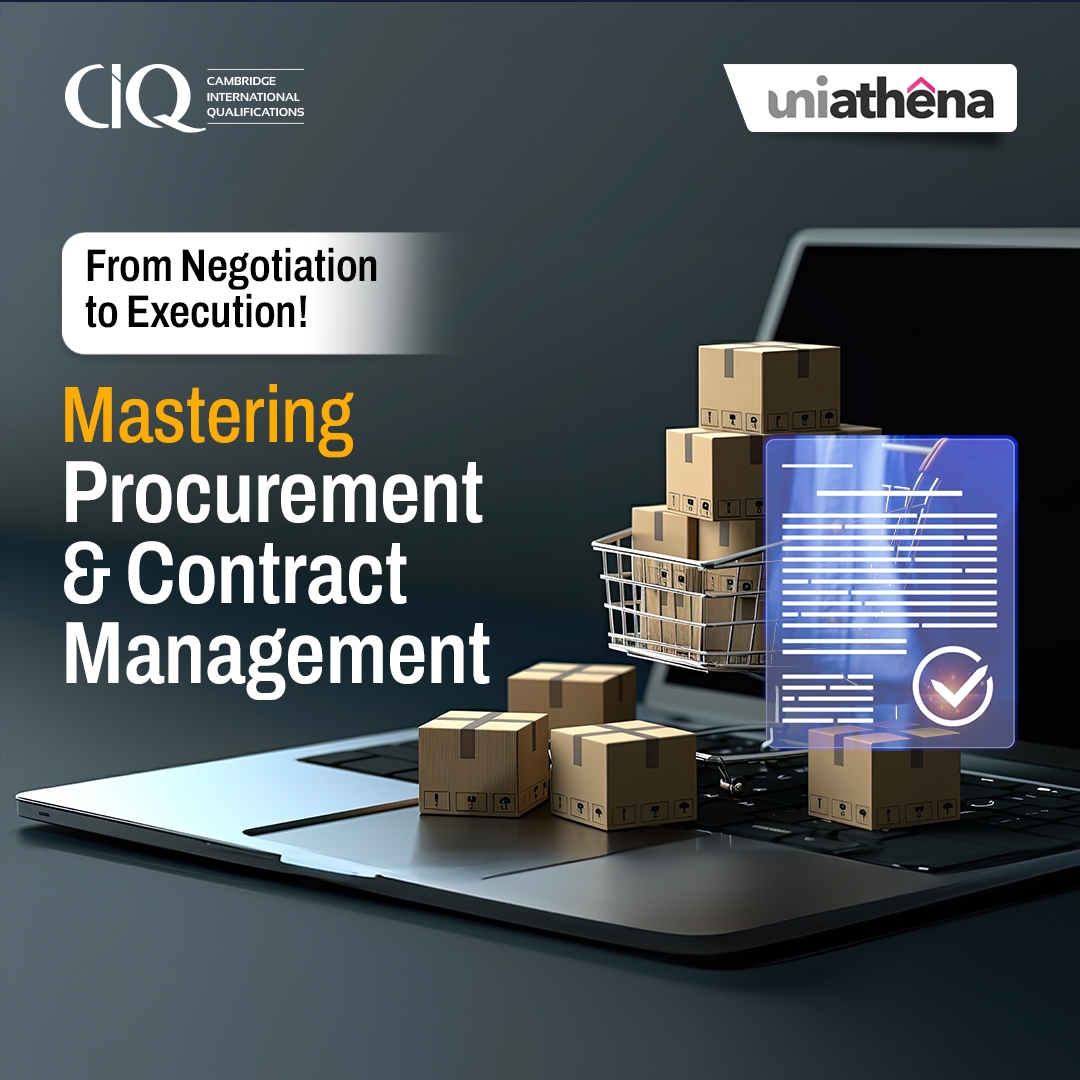Procurement and Contract Management: Driving Strategic Value and Organizational Success!

Procurement and Contract Management Courses are essential in equipping professionals with skills for the effective management of purchasing methods and overseeing related contractual obligations. In this competitive business environment, knowledge of these processes becomes critical to any organization seeking improved efficiency and reduced risks. This article explores what Procurement and Contract Management are, their key elements, and their interrelationship.
Understanding Procurement
Procurement is the process of acquiring products and services to meet an organization’s operational requirements. This includes sourcing suppliers, bargaining prices with them, and dealing with purchase orders.
Types of Procurements
Direct Procurement: That which is directly connected with the production process, such as raw materials.
Indirect Procurement: This refers to the buying of goods and services that are not directly connected with production but are related to supporting the operation of the organization.
Strategic Procurement: It is a long-term approach toward procurement. The strategies of procurement are aligned with the organizational goals and objectives to enhance value and decrease costs.
Understanding Contract Management
Contract Management can be defined as the process of managing contracts made with customers, vendors, partners, or employees. Its importance, therefore, incorporates minimizing risks, ensuring compliance, and maximizing the performance of business transactions.
Key Elements of Contract Management
Negotiation: A critical phase where terms and conditions are discussed and agreed upon.
Execution: This is the finalization of the contract whereby all the parties are committed to agree upon the terms of the agreement.
Monitoring: This means tracking the performance of contracts to ensure compliance and make adjustments where appropriate.
Procurement’s Role in Negotiating and Managing a Contract
Procurement professionals need to negotiate contracts related to acquired goods and services based on organizational requirements, goals, and costs. This ability is important in creating a healthy relationship with vendors at the same time, being sure that the stated conditions are the best. Some of the benefits of integrating these two functions include:
Cost Reduction: Some of the streamlined processes will reduce the cost associated with procurement.
Increased Efficiency: A cohesive strategy minimizes delays and misunderstandings during the procurement and contract phases.
Risk Mitigation: Compliance assurance and surveillance will ensure that there are no disputes or possible penalties.
UniAthena’s Procurement and Contract Management Training
This Procurement and Contracts Course equips you with the knowledge to manage contracts and create connections with customers, vendors, and partners. This course will teach you how procurement improves company earnings and how to negotiate contracts. It will also improve your capability to document any modifications and provide mutual agreement between parties.
Upon completion of this one-week self-paced course, get a chance to earn yourself a certificate from Cambridge International Qualifications (CIQ, UK) for your credential enhancement and continuous learning. Take advantage of this Free Online Course and act now!
- Industry
- Art
- Causes
- Crafts
- Dance
- Drinks
- Film
- Fitness
- Food
- Игры
- Gardening
- Health
- Главная
- Literature
- Music
- Networking
- Другое
- Party
- Religion
- Shopping
- Sports
- Theater
- Wellness
- News


